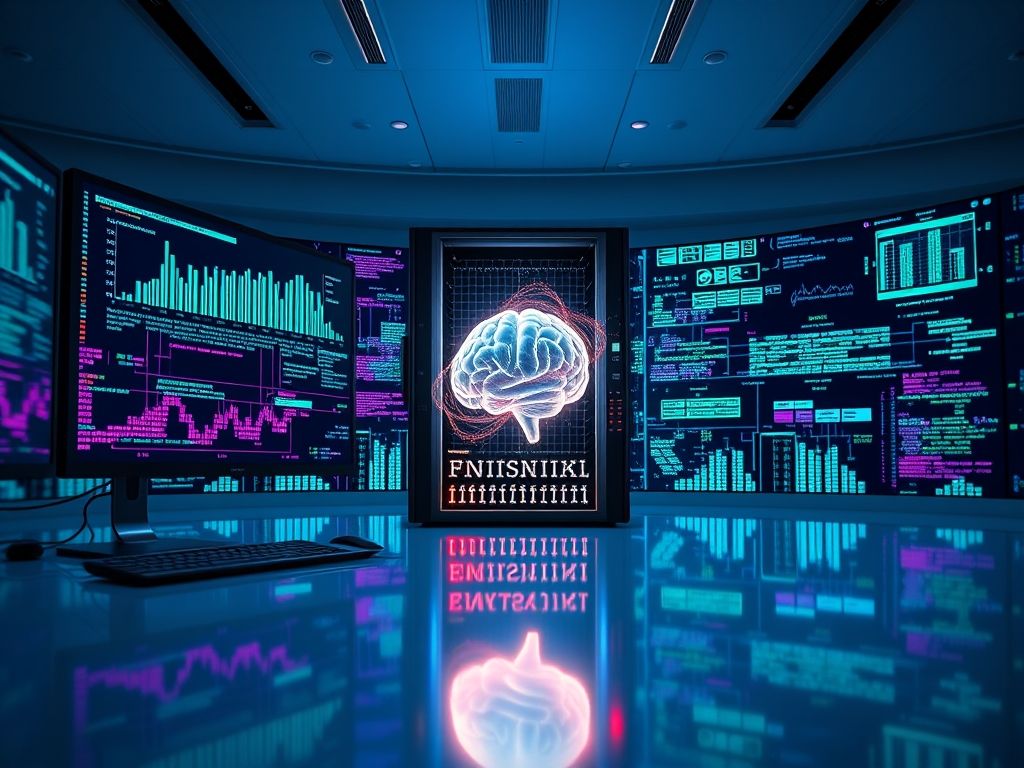Understanding Big Data
Big Data refers to the vast volumes of data that are generated every second in our digital world. This data is so enormous that traditional data processing software cannot manage it effectively. To put it simply, Big Data encompasses not just the size of datasets, but also the variety, velocity, and complexity of the data.
The Importance of Big Data
In today’s fast-paced digital landscape, understanding Big Data is crucial. It enables organizations to harness insights from various data points, making informed decisions that can lead to improved services, products, and customer satisfaction. The significance of Big Data lies in its ability to transform raw data into actionable insights.
Key Characteristics of Big Data
- Volume: Refers to the sheer amount of data generated.
- Velocity: The speed at which data is created and processed.
- Variety: The different types of data (structured, semi-structured, unstructured).
- Veracity: The quality and accuracy of data.
- Value: The potential insights and benefits derived from data.
Applications of Big Data
Big Data has a wide range of applications across various sectors. Here are some practical examples:
- Healthcare: Analyzing patient data to improve treatment plans and predict disease outbreaks.
- Finance: Detecting fraudulent transactions by analyzing spending patterns.
- Retail: Enhancing customer experience through personalized marketing strategies based on purchasing behaviors.
- Transportation: Optimizing routes and schedules using real-time traffic data.
How to Utilize Big Data in Your Daily Work
As a programmer or server administrator, integrating Big Data into your workflow can enhance productivity and drive better results. Here are some actionable steps:
- Identify the data sources relevant to your projects.
- Utilize Big Data technologies like Hadoop or Spark for data processing.
- Leverage machine learning algorithms to find patterns and insights in your data.
- Implement data visualization tools to present your findings effectively.
Related Concepts
Understanding Big Data also involves familiarity with several related concepts:
- Data Mining: The process of discovering patterns in large datasets.
- Machine Learning: Algorithms that improve automatically through experience.
- Data Warehousing: Storing and managing data from different sources for analysis.
- Internet of Things (IoT): Devices that collect and exchange data over the internet.
Conclusion
In conclusion, Big Data is not just a trend; it is a pivotal aspect of modern technology that offers immense opportunities for innovation and efficiency. By understanding its characteristics and applications, professionals in programming and server management can harness its potential to drive success in their fields. As you explore the world of Big Data, reflect on how you can implement these insights into your daily routines and projects.
Are you ready to dive deeper into Big Data? Consider how you can apply these concepts today!









